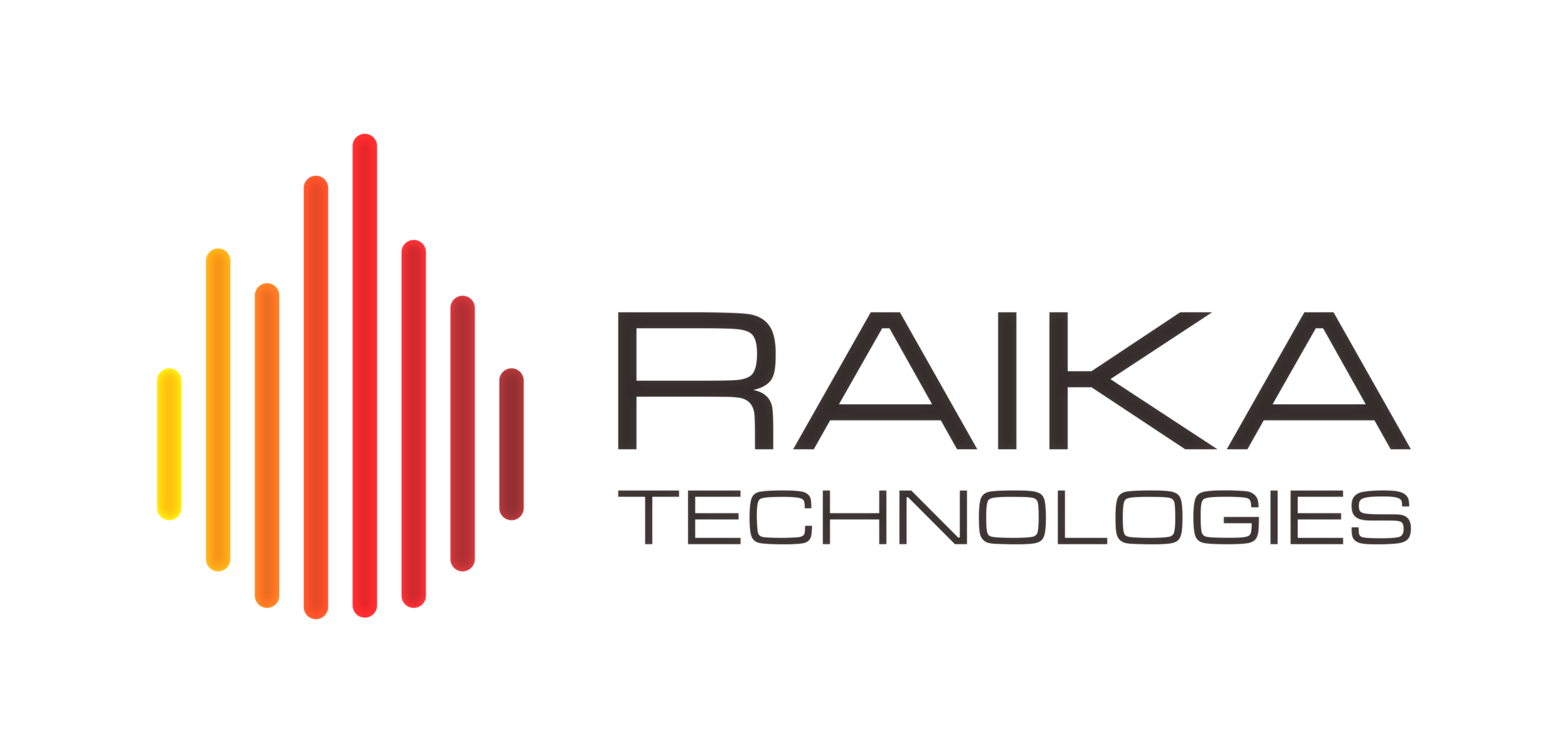Stages of the Startup Journey - #4: Plan for Execution
Stage 4: Planning for how to execute
Good for you! You got the right data together, found out that you do have a sellable idea for a viable company, and you’re ready to move forward. It’s a beautiful day in the neighborhood!
Now what?
It’s time to start planning how you will execute on your idea. By this point you should know exactly what you need to build for your go-to-market MVP, you should have a good feel for the costs associated with getting there, and you have all the pieces to build a pitch deck and get in front of potential investors. But BEFORE you do that…
Do you have a tech co-founder?
We’ve heard so many times before that people “understand the Internet and apps” well enough that they don’t think they need this. YOU DO. Period. Full stop. (Raika did a whole podcast on why this piece is so critical to the success of your project, and if you have 37 minutes, we highly recommend you listen to it.)
A tech co-founder is someone who has worked with the technology you’re using and has the skills you need to understand the product you’re building. This expertise will help you save time and money, prevent you from going down many unproductive rabbit holes, and will keep your expectations (and those of your investors) reasonably set and managed along the way.
Naming your product
It’s possible that by now you’ve already come up with a name for your offering. Even if that’s the case, it’s worth spending a little time and money working with a firm that specializes in branding, logo design and naming to ensure you are projecting the right image. Once you’re in the market with your MVP it’s very hard (and usually pretty costly) to rebrand without losing momentum and traction. So do this work now to avoid issues down the road.
Buy your domain name(s)
If, when you get through the naming and branding process, you find that you don’t own the right domain names for your business or product, do that immediately. You definitely need to own the .com extension for your business, but look at all of the available extensions and see if any others make sense. For example, Raika owns raikatech.com and raika.tech.
Be aware: There’s a chance that some of your names may have “squatters” sitting on them hoping for big payouts for the right to buy. You can either bite the bullet and buy the good ones that are a perfect fit, or you can work with an attorney to determine if the squatter is violating any marks you own or rights you have to these names and potentially get them awarded in court. You’ll have to weigh your options to determine what makes the most sense for your situation, and when in doubt, talk to your attorney.
Social media
Once you have a name and your domain name(s), you need to setup your social media accounts. These should be company-branded accounts with your company or product’s name, logo, colors and brand qualities. Just like your domains, you’ll need to make sure you secure any accounts or usernames that apply to what you are doing and to protect your brand.
Now is also a great time to sit down with a social media management company or service provider and develop a strategy for how you will use social media to propagate your brand and sell your products or services. Much of the day-to-day work can be done by you for a while, so you should be able to save money there. But working with a pro to setup a strategy will help you understand what works and what doesn’t to avoid wasting time or energy.
Business structure and legal support
This is also the time where you need to formalize your business, typically by filing with the Secretary of State in the place you want to register your business. This is something you absolutely should speak with an attorney about, because how you structure your business has implications when raising outside capital in exchange for equity. You need a good, qualified attorney, preferably with industry experience, and you need to keep that person on retainer. You also need a great CPA who can help you understand the tax and other financial implications of decisions you are making.
DO NOT SKIMP on this. The realities of highly qualified professionals, like attorneys, is that the good ones can be expensive. This is not the time to use a bargain basement attorney because you need to protect yourself, your idea and your company for years to come. I promise this is never something you will regret later if you do it right.
Trademarks and Patents
It’s possible that the idea you’ve developed or the naming or some other elements of what you are doing are trademark-able and/or patent-able. You should work with an attorney who specializes in patents and trademarks (usually two different people) to determine what you have, what’s protectable, and how to go about doing the protection work. Again, this will cost you some money, but if you can protect yourself from future claims and litigation, it’s an ounce of prevention that will save you pounds of headache later.

